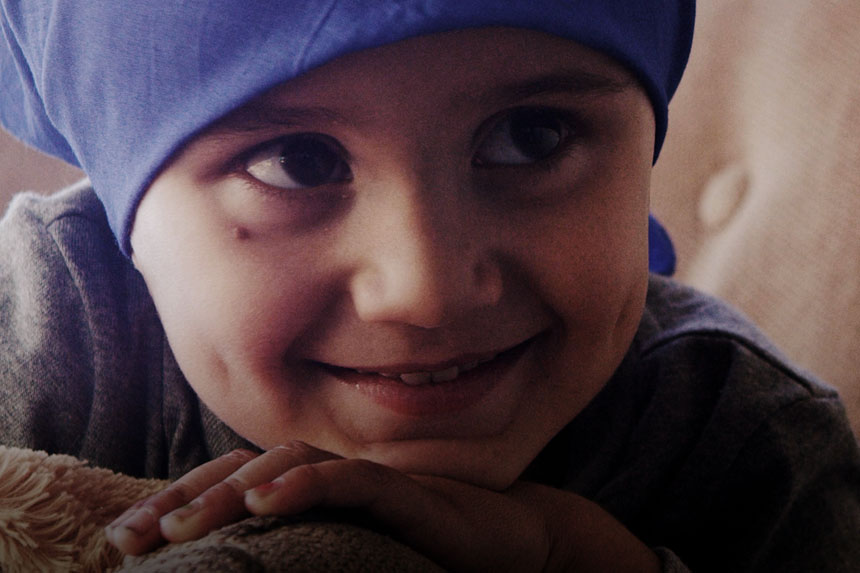Roughly 300 million people worldwide live with a rare disease-including one in 10 Americans. On National Rare Disease Day, we wanted to explore the challenges healthcare providers face when addressing rare disease patients.
In 2023, we surveyed 145 providers to better understand their perspectives. You can find the full survey results in our rare disease study. Let’s look at what some of the findings mean for improving care for patients with rare diseases.
Lack of education is a top barrier to treating rare diseases
In the U.S., a rare disease is defined under the Orphan Drug Act of 1983 as a condition that affects fewer than 200,000 people. According to the NIH, more than 7,000 rare diseases exist, but that number may be higher given challenges with tracking data related to rare diseases.
When you realize how small the patient population is for each disease and how many possible rare diseases exist, it’s no wonder providers cite delays in patient diagnosis, lack of disease education and awareness of symptoms related to rare diseases as top challenges they face today.
Less than 40% of providers felt very confident in their organization’s ability to diagnose rare diseases. Even fewer respondents reported the same level of confidence when it came to ability to treat. The difficulty inherent to diagnosing rare diseases means many patients’ conditions are identified past the optimal point for treatment. And patients’ lack of awareness of symptoms can contribute to later diagnosis, too.
Providers deal with chronic conditions on a day-to-day basis, but they don’t see as many patients with rare diseases. Because they’re unlikely to see many of these patients, they don’t receive the training and education required to recognize symptoms and understand treatment options.
Additionally, clinical research for rare diseases is scarce. Many life sciences companies don’t develop treatments for such small patient populations. Because of this, 95% of rare diseases have no available treatment options. However, the Orphan Drug Act of 1983 encourages new drug development for rare diseases and over 5,000 drugs have received orphan drug status as a result.
Shortage of rare diseases specialists presents challenges for patients
Another top challenge facing providers in the rare disease space is the lack of physicians and healthcare organizations with specialized expertise.
Given how many rare diseases exist, it can be difficult to find physicians who specialize in a patient’s specific condition. While they’re grouped together under the umbrella of “rare diseases,” each disease presents differently and may require special expertise to diagnose and treat.
Unfortunately for patients and providers, there is no set list of rare disease experts, so many patients bounce from provider to provider looking for answers. If a patient has been diagnosed with a rare disease, they often require a care team of multiple specialists to aid with treatment.
What can be done to overcome providers’ hurdles with rare diseases?
Despite all the challenges providers face with rare diseases, there is still hope for patients with these conditions.
In our survey, 42% of providers said increasing education for physicians will have a positive impact on the rare disease space. By helping physicians better understand the signs and symptoms of rare disease—and in turn educating high-risk patients about what to look for—diagnosis and treatment can begin earlier. This can produce better clinical outcomes while reducing the resource strain associated with long-term, high-impact care.
This sort of education can be provided in part through collaboration with existing rare disease experts. Around 40% of providers said increasing collaboration with facilities and health systems specializing in rare disease would have the greatest positive impact in addressing the challenges within this space.
Many providers also said new therapeutic modalities and devices will move the needle on rare diseases. Since the majority of rare diseases are linked to genetic mutations, better genetic tests and better understanding of genetics could help providers in their work with rare disease patients. You can learn more about how genetic testing impacts healthcare in our podcast episode featuring Kamal Gogineni and Dr. Rakesh Patel.
Learn more
Want to learn more about physicians’ challenges in the rare disease space? Check out our full rare disease study or our infographic for an in-depth breakdown of the results of our 145-provider survey on the challenges and opportunities associated with rare diseases.




